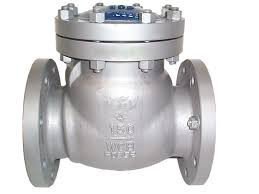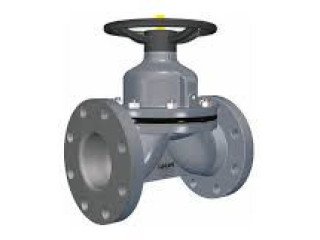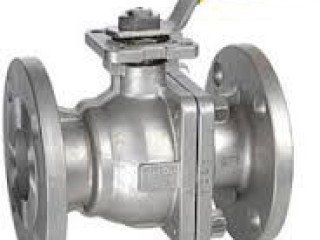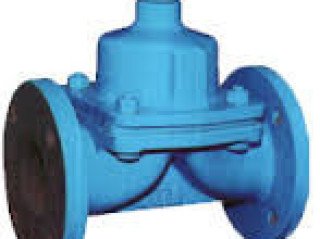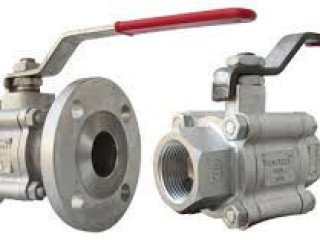NON RETURN ( NRV ) VALVES IN KOLKATA
1mo ago Other New York City 56 views Reference: rlNbW1Eeyg5Contact us
Location: New York City
Price: Contact us
WE ARE THE LEADING STOCKISTS,SUPPLIERS OF ALL KINDS OF INDUSTRIAL VALVES.
OUR RANGE OF PRODUCTS ARE AS FOLLOWS:-
1) GATE VALVE
2) GLOBE VALVE
3) SLUICE VALVE
4) SLEEVE VALVE
5) BALL VALVE
6) PLUG VALVE
7) CHECK VALVE
8) ROTARY JOINT
9) BUTTERFLY VALVE
10) FOOT VALVE
11) FLANGES
12) STRAINERS
13) PRESSURE REDUCING VALVE
14) NON RETURN VALVE
15) PULP VALVE
16) DIAPHRAGM VALVE
17) DISC CHECK VALVE
FOR ANY ENQUIRIES CONTACT US HERE:-
AKBAR HAZRAT
ALIMAN VALVES EMPORIUM
8,CANNING STREET
KOLKATA-700001
WEST BENGAL
Mob:-7003925774,9903709093,9836724822,9038767669
email:- aliman_valves@rediffmail.com
website:- http://alimanvalvesemporium.page.tl/
